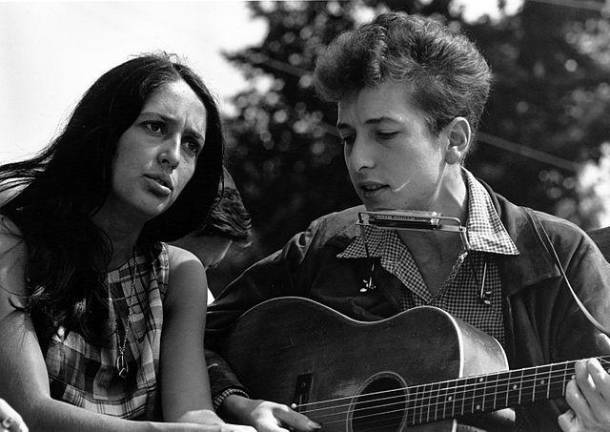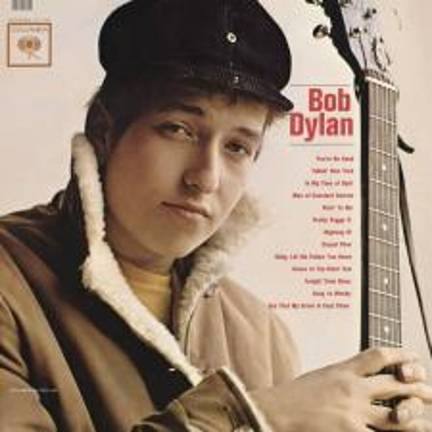Sixty years ago, Russia was causing global paranoia and observers fretted that the planet was on the verge of a third world war – does this script sound familiar? The threat was immediate because it was in Cuba, only 90 miles from U.S. shores.
In the midst of the panic, a 21-year-old folk singer sat in his Greenwich Village flat and took it all in, sipping red wine during the long night.
Nervous about the state of the world, he started writing a long, surreal song, which came to be regarded as his finest poem. The work was called “A Hard Rain’s a-Gonna Fall,” and the writer was Bob Dylan.
You might conclude that the epic song has never been more relevant than it is today.
On October 22, U.S. President John F. Kennedy appeared on national television to tell the country about the discovery of Soviet missiles in Cuba. In history books, this period has been known as the Cuban Missile Crisis.
In 1963, Dylan told Studs Terkel, the legendary Chicago-based storyteller, author and radio host, that he wrote “Hard Rain” in response to the Cuban Missile Crisis.
Dylan has noted that every line in “Hard Rain” could be regarded as the start of a whole new song. Dylan actually wrote the song a month before the crisis broke in earnest but didn’t record it until December 1962.
Personal Memories
The period has special meaning for me, too.
I distinctly remember being in second grade at the time, in my town on Long Island, and my teacher asked the class to write a letter to somebody – anybody – as an exercise.
Disdaining the obvious choices of mommy, daddy and grandma, I wrote to President Kennedy on my oaktag. (Yes, even then, I was an iconoclastic writer!). I pleaded with him not to send my daddy off to fight a war in Cuba.
We all felt the same kind of fear that Dylan was experiencing in Greenwich Village. It should’ve been a heady time. The city’s sports fans should’ve been in heaven. The Yankees had just defeated the San Francisco Giants in the 1962 World Series to capture the franchise’s second consecutive baseball championship. If you hated the Yankees, the answer was the New York Mets. The lovable losing Mets had just played their first Major League Baseball season to comic results of ineptitude. And the football Giants were marching to their second straight eastern conference title.
But the tension surrounding the Cuban Missile Crisis overshadowed everything for a while. It remains a scary memory. (To finish the story of my little essay on a lighter note, my second-grade teacher, blown away by my ability to look at the big picture at such a young age, promptly called my parents and declared, “Your son is a genius.” Years later, my father would keep me humble by asking, with a straight face, “So, what happened?”)
Dylan’s Timing
Dylan, of course, was the perfect songwriter for the times. He was also writing such brilliant finger-pointing songs as “Blowin in the Wind,” “Oxford Town” and “Masters of War” at around this time.
I mean, you couldn’t picture The Four Seasons or The Rooftop Singers coming up with a gem like “Hard Rain.”
Dylan borrowed from the 1950s literary rhythms of Jack Kerouac and the surreal poetry of Allan Ginsburg on this classic. But ultimately, it is regarded as pure Dylan.
The song remains as vivid as it was when it dazzled music fans so many decades ago. The writing foreshadowed future Dylan breakthroughs such as the titanic “Chimes of Freedom,” “Mr. Tambourine Man” and “Desolation Row.”
And as they came to say in advertisements, Nobody Sings Dylan Like Dylan.

